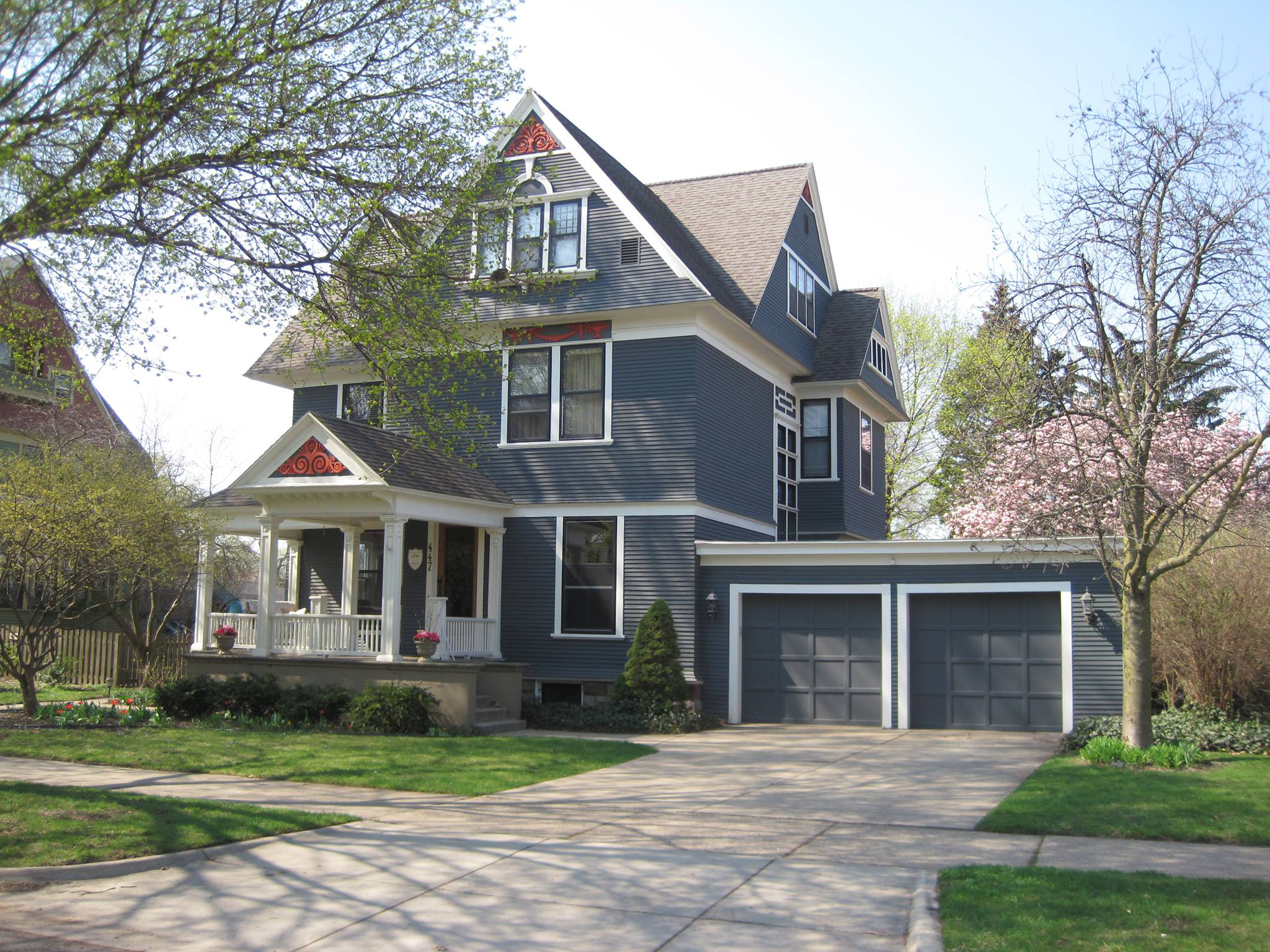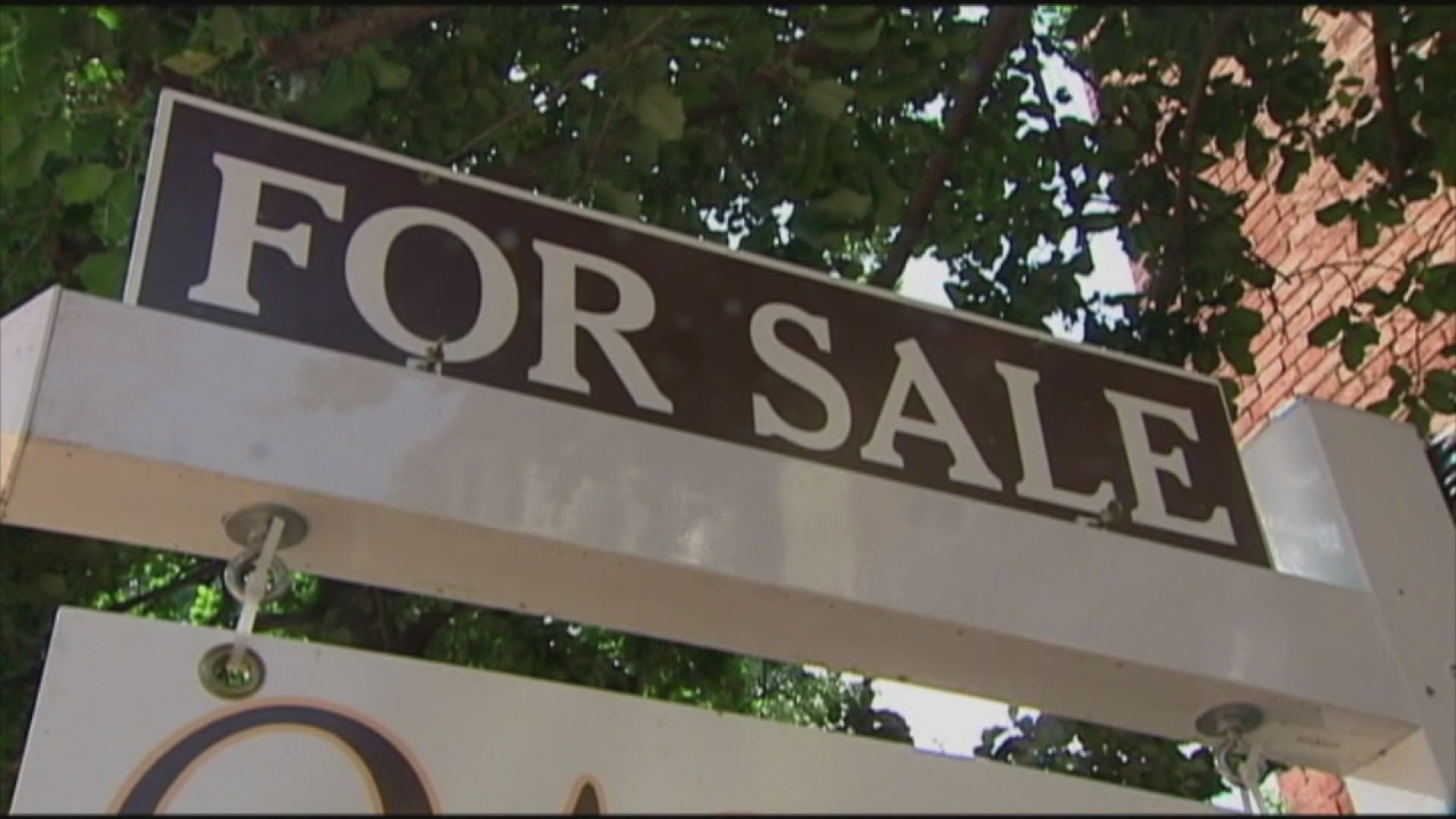The Grand Rapids housing market has witnessed significant economic shifts in recent years, triggering a surge in interest and economic activity. As this vibrant city continues to evolve, it becomes crucial for investors, homebuyers, and real estate professionals to comprehend and navigate the market dynamics efficiently.
Understanding the fluctuations and trends that shape the housing landscape is essential for making informed decisions in this thriving environment. This article aims to shed light on the economic shifts occurring in the Grand Rapids housing market, providing insights into its transformation and offering valuable guidance for those keen on exploring the opportunities it presents.
Overview of the Grand Rapids Housing Market
 The Grand Rapids housing market is a dynamic and ever-changing landscape, influenced by various economic shifts.
The Grand Rapids housing market is a dynamic and ever-changing landscape, influenced by various economic shifts.
With a mix of perplexing factors at play, such as population growth, job opportunities, and industry diversification, the market has experienced both ups and downs in recent years. Bursting with a diverse range of housing options, from charming historic homes in established neighborhoods to modern condominiums in the bustling downtown area, Grand Rapids offers something for everyone.
Amidst this diversity, the market showcases a unique blend of affordability and quality, making it an attractive destination for both first-time homebuyers and seasoned investors. As the city experiences a surge in development and revitalization efforts, the housing market continues to thrive, showcasing its resilience and adaptability in the face of economic fluctuations.
Whether you are seeking a cozy family home or a bustling urban abode, the Grand Rapids housing market is sure to provide an array of options to meet your needs.
Historical Economic Shifts and their Impact on the Housing Market
The housing market in Grand Rapids has been deeply influenced by historical economic shifts that have unfolded over the years. These shifts have had a significant impact on the dynamics of this vibrant citys real estate sector.
From the rough and rapid industrialization during the 19th century to the economic boom following World War II, Grand Rapids has experienced a series of transformations that have shaped its housing market in diverse ways. For instance, during periods of economic expansion, the demand for housing surged, leading to a rise in home prices and a flurry of construction activity.
Conversely, during times of economic downturn, the housing market faced challenges and experienced declines. Understanding these historical economic shifts is crucial for comprehending the current state of the housing market in Grand Rapids and predicting its future trajectory.
Current Economic Factors Affecting the Grand Rapids Housing Market
 The Grand Rapids housing market is currently being influenced by several economic factors that are shaping its dynamics.
The Grand Rapids housing market is currently being influenced by several economic factors that are shaping its dynamics.
One of the primary contributors is the citys flourishing job market, which has experienced substantial growth in recent years. The influx of businesses and job opportunities has attracted a significant number of people to relocate to Grand Rapids, driving up the demand for housing.
Additionally, the regions low unemployment rate and above-average wages have empowered potential homebuyers, leading to a surge in housing sales. However, the market is not without challenges.
The escalating costs of construction materials and labor have put upward pressure on home prices and made new developments less affordable for some prospective buyers. This, coupled with the limited inventory of available properties, has intensified competition among buyers, fostering a sellers market.
As a result, the Grand Rapids housing market is experiencing a delicate equilibrium between robust demand and constrained supply, which requires careful consideration and strategies for both buyers and sellers.
Demographic Trends Shaping Housing Market Dynamics
Demographic Trends Shaping Housing Market DynamicsThe housing market dynamics in Grand Rapids have been significantly influenced by various demographic trends.
One key trend is the increasing rate of urbanization, as more people are flocking to the city from suburban areas. This has resulted in a higher demand for housing and a shift towards developing more mixed-use communities that cater to the needs of urban dwellers.
Additionally, the city has experienced a steady rise in the number of young professionals and millennials relocating here in search of job opportunities and a vibrant urban lifestyle. As a result, there has been an uptick in the demand for smaller, more affordable housing options such as apartments and townhouses.
On the other hand, the aging population has also contributed to the market dynamics, with a growing preference for accessible and age-friendly housing options. Consequently, the real estate market has witnessed an increase in the construction of retirement communities and senior-friendly housing complexes.
The interplay of these demographic trends fuels the ever-evolving landscape of Grand Rapids housing market, providing both challenges and opportunities for developers and investors alike.
Conclusion
 In conclusion, the Grand Rapids housing market presents a dynamic landscape, shaped by various economic factors.
In conclusion, the Grand Rapids housing market presents a dynamic landscape, shaped by various economic factors.
As a rising Midwest economic hub, the city has witnessed significant growth and development in recent years, making it an attractive destination for homebuyers and investors alike. However, alongside these economic shifts, it is crucial to navigate the market wisely, ensuring a sound understanding of its dynamics and trends.
Whether you are a homeowner looking to sell your property or an interested buyer seeking investment opportunities, it is paramount to stay informed about the local market conditions. For those looking to sell their houses in Grand Rapids, companies like Gordon Buys Homes (https://gordonbuyshomes.com/we-buy-houses-grand-rapids-michigan) provide a convenient and reliable solution, offering fair cash offers and a hassle-free selling experience. By staying knowledgeable and aligning with trusted resources, both buyers and sellers can make informed decisions and participate in the vibrant Grand Rapids housing market with confidence.


